Strain of E. Coli Spread From Poultry to People
the latest ARAC study highlights how E. coli strains found in fresh chicken and turkey products can cause serious urinary tract infections (UTIs) in people.


Strain of E. Coli Spread From Poultry to People
the latest ARAC study highlights how E. coli strains found in fresh chicken and turkey products can cause serious urinary tract infections (UTIs) in people.
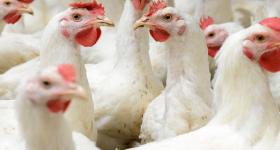
Store-Bought Chicken Could Be Causing Urinary Tract Infections
A new study published in mBio might offer a new one: It could prevent you from getting a urinary tract infection from Escherichia coli bacteria.
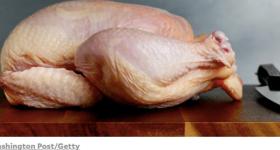
Painful Peeing? Raw Chicken Could Be to Blame
A new study says a strain of E. coli “could be causing 30,000 to 40,000” urinary tract infections in the United States every year.
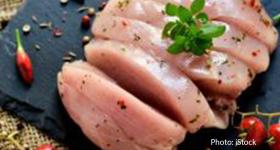
Analysis Ties Resistant E coli from Poultry Meat to Human UTIs
A new study has pinpointed a strain of Escherichia coli in poultry meat that could cause serious urinary tract infections (UTIs) in humans.
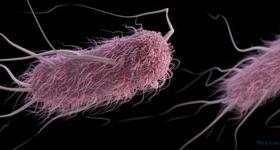
E. coli Strain from Retail Poultry May Cause Urinary Tract Infections in People
A strain of Escherichia coli (E. coli) found in retail chicken and turkey products may cause a wide range of infections in people, according to a study published today in the American Society for...

Urgent Care Clinics Come To an Antibiotics Mea Culpa
Wired explores how new data shows that urgent-care and walk-in clinics play a big role in overprescribing antibiotics.

Some Bacteria Are Becoming 'More Tolerant' Of Hand Sanitizers, Study Finds
NPR highlights new research that some bacteria are becoming 'more tolerant' of hand sanitizers.

Drug-resistant Superbugs May Have Just Learned A New Trick
NBC News reports on a new study that suggests drug-resistant superbugs may have just learned a new trick.

Antibiotic Prescribing in Urgent Care
ARAC Deputy Director Laura Rogers highlights ARAC's work in urgent care and a challenge faced by urgent care - patient expectation for antibiotics.
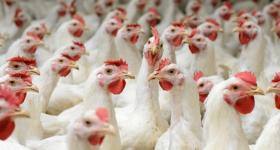
CQ Researcher takes an in-depth look at antibiotic use in the U.S. and globally and the growing threat of antibiotic resistance.
